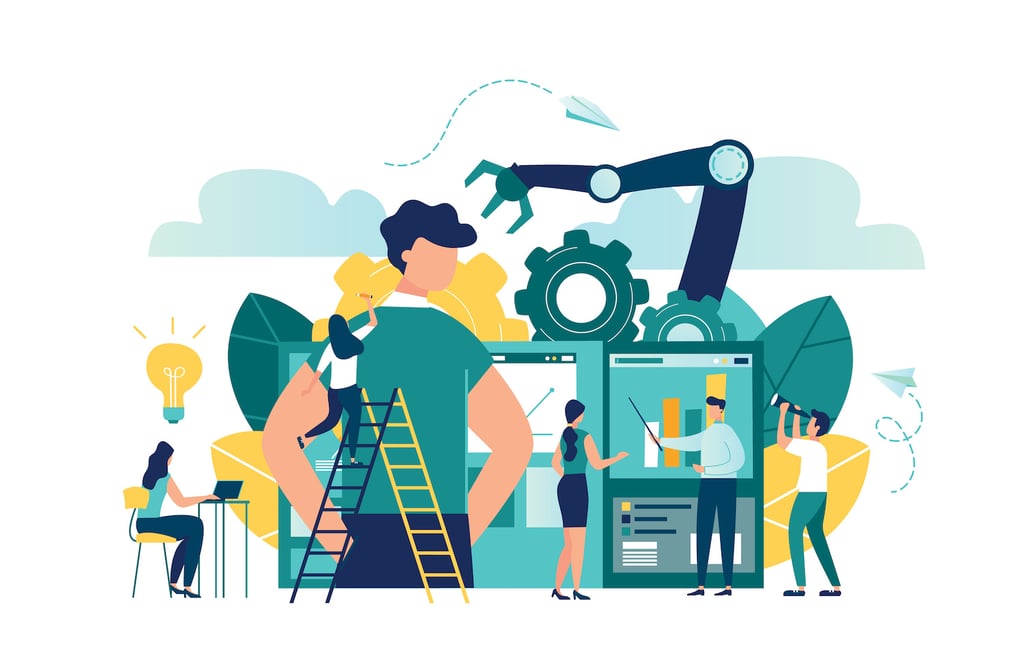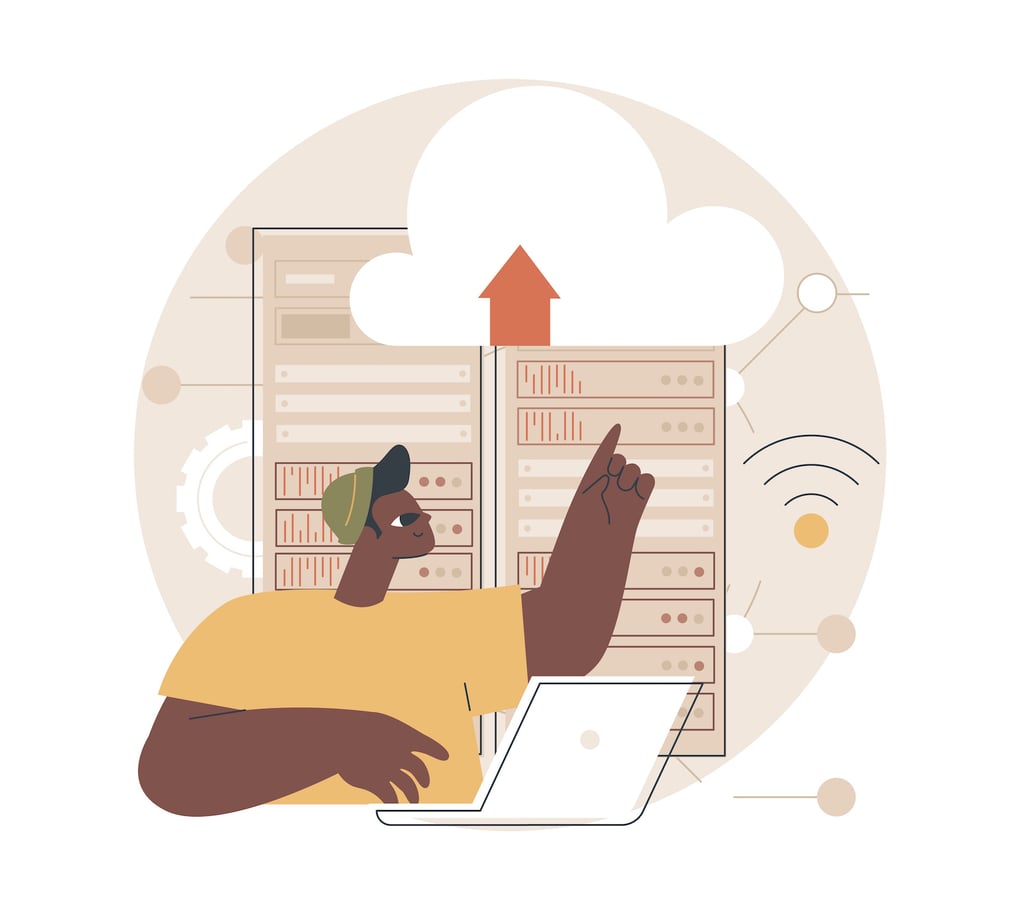Every day brings news of events canceled, school systems suspended, and companies asking their employees to stay home. One vendor program stands out as a trusted and experienced way for large organizations in both private and public sectors to massively automate while providing for remote users (think students and customers) and employees. That program is from Cisco, and it is the Country Digital Acceleration program, and it could help keep people in touch who are isolated by coronavirus and other crises.
I got a chance to talk to the guy running the program, and, conveniently, his name is Guy Diedrich Ph.D., and he is the VP and Global Innovation Officer running the program at Cisco.
Let’s talk about this critical program this week.
Country Digital Acceleration Program
Most of the programs I’ve seen that try to move organizations in the public or private sectors that are well behind the technology curve to current generation technology fail. This is because the companies pitching a solution too often start with the products the company makes. Their pitch generally showcases that these firms have little understanding of what their client needs to accomplish and the unique problems the client has to overcome. As a result, instead of having a solution focused on the client’s problem, they instead focus on pushing those products as the ideal solution for this problem they can’t understand.
Cisco’s approach is vastly different. They spend the lion’s share of their time understanding the problem, and they recognize going in that they may not have the ideal products to address it. They bring to the table a considerable number of partners that can fill these gaps, fund a prototype effort, and from what they learned from the prototype, propose a solution that fits the client’s budget and still solve the problem the client needs addressing.
While designed to operate at a Nation-State Level, the process is scalable and has been used to allow for remote education in places like Saudi Arabia. That is a compelling case. Saudi Arabia had a shortage of 2,500 teachers, and while there was coverage in cities, rural areas weren’t getting the education resources. They implemented a program where they were able to broadcast classes to remote regions, significantly improving the educational opportunities in the country. In another similar case in Palghar India where a school for girls was mostly just able to turn out service workers, they were able to deploy technology that allowed the graduating women to compete for high paying technical jobs. In another part of that same town, a separate group was producing high-quality handmade items sold on street corners, and they gained access to the world market, which had substantial demand for them. Not only were the graduates from the school far more valuable, but higher-paying jobs were opened up in that town as well due to the local industry gaining greater access to technology connecting them potential customers.
Another project in India showcased the power of this effort. The Prime Minister of India wanted the country to move to smart cities so that it could preserve scarce natural resources like water and reduce pollution and waste. Cisco built the Golden Mile, a mile-long technology showcase containing every solution they could think of, and they used it as a prototype. Once the testing completed, they took a subset of the answers and then applied them to a city-wide rollout. Out of a target of 100 cities, they have now largely used a cookie-cutter of this solution in 60 more of them. Benefits include reduced pollution, lower traffic, lower energy use, and less water loss due to leakage. Part of this effort was the creation of a data hub. This hub now showcases with granularity the impact of every improvement to help justify the cost and effort.
The core countries that helped launch this effort were France, the UK, India, Germany, and Italy, where they engage with the top levels of government (in the US they generally work at the State level). They are now in 33 countries across the world.
Wrapping Up: Showcasing a Best Practice
Part of what Chuck Robbins brought to the Cisco table was the concept of doing well while doing good. He believed that if you focused on making the world a better place to live in, you could make a decent profit and be proud of the positive change you accomplished. There is a belief that the two things are mutually exclusive, and he wanted to showcase they didn’t need to be. Rather than trading off the environment for profit, he fundamentally believes, with this program, you can do well while doing good.
And at the end of his term, while his peers are bragging about the cars they don’t have time to drive, the yachts they don’t have time to sail in, and the homes that are more like hotels no one stays at, Chuck will instead have helped make the world a better place. The other stuff won’t last, but improving the world is a real legacy that deserves recognition.










